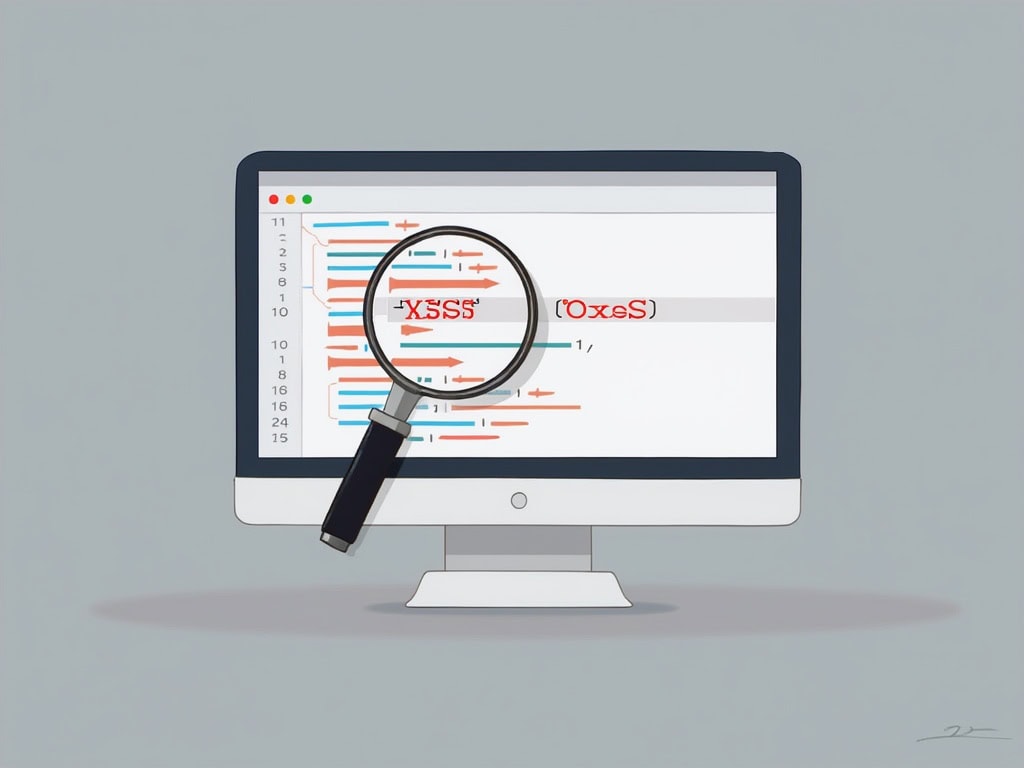Critical WordPress Plugin Vulnerability: Protect 700,000+ Websites from XSS Attacks

Critical WordPress Plugin Vulnerability Puts 700,000+ Websites at Risk
A serious security flaw has been discovered in TablePress, a popular WordPress plugin installed on more than 700,000 websites. The vulnerability allows attackers to inject malicious scripts that execute when users visit compromised pages, potentially exposing visitors to cross-site scripting (XSS) attacks. This incident highlights why maintaining strong cybersecurity measures is crucial for businesses.
The security issue affects all TablePress versions up to and including 3.2, with security researchers identifying insufficient input sanitization and output escaping as the root causes. This vulnerability could have significant implications for website security and user data protection.
Technical Impact Analysis
The vulnerability stems from improper handling of the shortcode_debug parameter, creating an opening for stored XSS attacks. This security gap allows attackers with Contributor-level access or higher to inject harmful scripts that remain persistent on affected pages.
According to the Wordfence security advisory report, "The TablePress plugin for WordPress is vulnerable to Stored Cross-Site Scripting via the 'shortcode_debug' parameter in all versions up to, and including, 3.2 due to insufficient input sanitization and output escaping."
Comprehensive Security Measures
Website administrators using TablePress should implement a robust website security strategy to protect against emerging threats:
- Immediate Updates: Update to TablePress version 3.2.1 or higher immediately
- Access Management: Review user access levels and permissions
- Security Monitoring: Monitor for any suspicious activity on pages using TablePress
- Regular Audits: Implement regular security audits of WordPress installations
Advanced Protection Strategies
The vulnerability particularly impacts the plugin's table management system. To enhance protection, administrators should consider implementing additional WordPress security measures and best practices:
- Web Application Firewall: Deploy a WAF to filter malicious traffic
- Regular Backups: Maintain current backups of all website data
- Security Logging: Enable comprehensive security logging and monitoring
- Access Control: Implement strict user role management
- Plugin Assessment: Regularly review and remove unused plugins
Implementation Guidelines
- Immediate Action: Check your WordPress installation for TablePress version and update if necessary
- Security Assessment: Review your website's user roles and access permissions to minimize potential exploit vectors
- Future Prevention: Implement a regular plugin update schedule and security monitoring system
This incident serves as a reminder of the importance of maintaining updated WordPress installations and carefully managing user access levels. Regular security audits and prompt application of updates remain crucial for maintaining website security.

